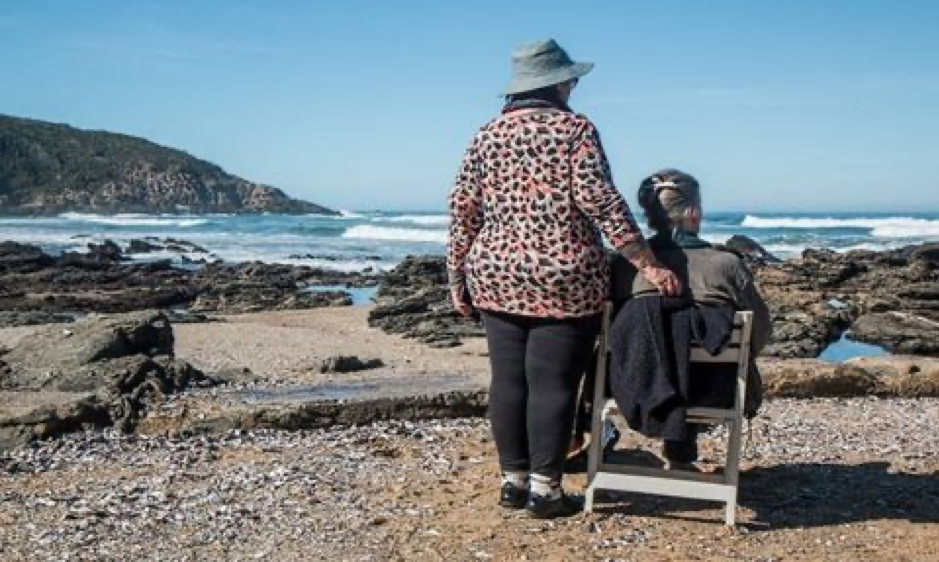TILDA study to support older family carers receives funding
The Irish Longitudinal Study on Ageing (TILDA) has been awarded a new grant as part of the Health Research Charities Ireland/Health Research Board Joint Funding Scheme.
A joint research project between TILDA and Family Carers Ireland will help to identify how services and programmes may be improved to better support older family carers. The study's findings will also provide information to help establish training and advocacy programmes.
The 18-month project will see data from the study used to define the characteristics of people caring in middle and later life and ascertain how they differ from adults who do not offer care. Patterns of mental health and wellbeing in adult caregivers aged 54 years and over will be evaluated as they transition into and out of caring responsibilities. Researchers will also investigate how the wellbeing of these carers may fluctuate depending on the quantity of social supports and formal care service supports received.

In acknowledgement of the importance of representing the public voice and involving the public, patients and relevant advocates, the study will include close engagement with family carer representatives at each stage of the design, interpretation and dissemination of results.
Information collected by TILDA during the COVID-19 pandemic will help researchers to understand how the pandemic and its associated restrictions on social interactions and formal care such as home support services may have affected family carers.
According to a recent TILDA study, the prevalence of family caring increased during the pandemic and family carers experienced worsening mental health and wellbeing, which persisted throughout the early months of the pandemic. Women providing high intensity caring hours had the highest depressive symptoms. The full paper, entitled, "Caring in the time of COVID-19, longitudinal trends in well-being and mental health in carers in Ireland: Evidence from the Irish Longitudinal Study on Ageing (TILDA)", can be accessed here: https://pubmed.ncbi.nlm.nih.gov/35588613/
Dr Christine McGarrigle, Senior Research Fellow and Principal Investigator of the study said:
“Family caring plays an essential role in Ireland’s health system, but it does place social, financial, physical, and emotional demands on carers. Understanding what carers need to support them is key to building community care.
The higher levels of depression seen in women who were carers during the COVID-19 pandemic may indicate a greater vulnerability to the reduction in other social interactions during the pandemic. Social meetings with friends and family are known to be protective against depression for everyone, however there is some suggestion that caring for grandchildren and more social interactions outside the home are more beneficial for women. This project will provide more information about what supports are needed, for both men and women, to enable them to continue caring while maintaining their own mental health and well-being."
Dr Nikki Dunne, Research Manager in Family Carers Ireland said:
“Family Carers Ireland is the national charity supporting the 500,000+ family carers across the country who care for loved ones such as children or adults with additional needs, physical or intellectual disabilities, frail older people, those with palliative care needs or those living with chronic illnesses, mental health challenges or addiction.
We are delighted to be working with TILDA on this important research project. Older family carers may find it difficult to balance caring whilst maintaining their own health and wellbeing. Although older carers are increasing in number in Ireland, their needs and experiences are often overlooked in research, policy and practice. This project seeks to address this critical gap by building knowledge and increasing understanding about this cohort of family carers. The project will also address important questions about why some cope better than others. A nuanced understanding of resilience amongst older family carers will help improve supports.”

